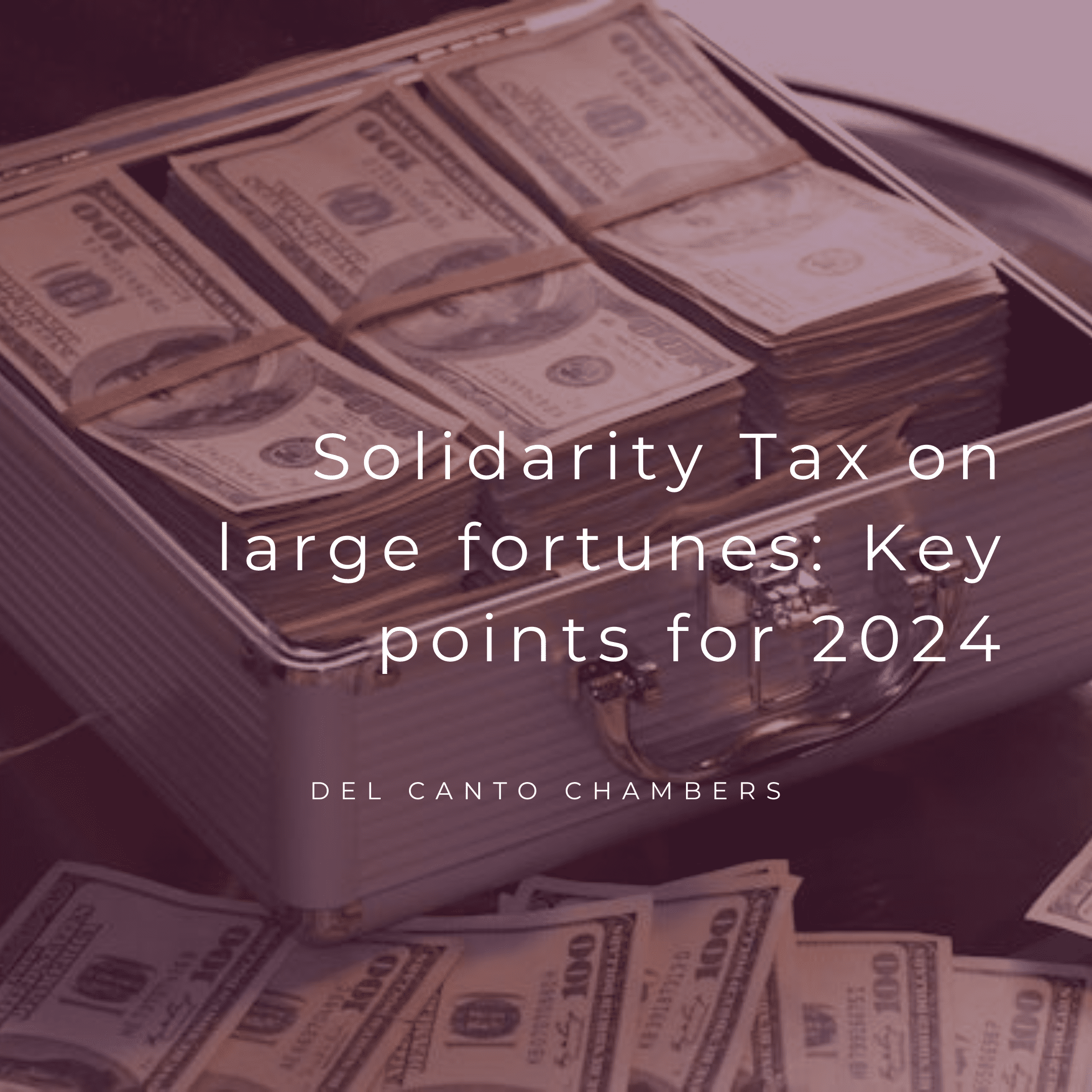Tax havens do not exist. It is not me who says so, but the Secretary General of the OECD, Angel Gurria, who states that Panama “is the last major redoubt that allows hiding funds offshore avoiding the tax authorities”. Does that mean international tax evasion is dead? As the most seasoned readers will be guessing, it certainly does not.
Panama, famous for its canal and in some circles for their hats, will go down in history alongside lawyers Mossack Fonseca as the symbol of international tax evasion, in the same way that WikiLeaks marked out forever the corruption of the international political system.
But this time, these documents will simply occupy newspaper covers, TV debates, sink aesthetically one character or another, highlight the importance of public example and be trending topic for a while. Nothing else. This tax version of WikiLeaks, like the finger pointing to the moon, is full of promises and expectations, but beyond angering citizens, they are a fiasco and will not cause any difference in the international tax environment much less in our country, Spain. Please let me explain in four ideas.
First we must begin with the disinterest of the international community to enshrine the principle of universal jurisdiction, advocated by my admired colleague and friend Baltasar Garzon. The adoption of this principle, which succinctly explained means that the judiciary of a country can prosecute crimes of a certain kind at the international level, would certainly allow effective prosecution of tax crimes by the affected party in any other jurisdiction. But nobody likes their garden to be stepped on, even if it is to pursue effective universal justice in a world of increasingly blurred boundaries.
Secondly, as a by-product of the above, there is a lack of international agreement on the meaning of tax evasion, on the one hand, and the definition of artificiality to organize business operations on the other.
Many are unaware that the Anglo-Saxon world distinguishes between Tax Evasion and Tax Avoidance. In Spain, however, there is no such distinction and everything that involves an optimization of the fiscal position is considered, broadly, evasion.
Elaborating on this point: if governments do not agree on the definition of a crime it cannot be pursued by International Criminal Law. This disparity in the tax treatment of identical legal operations has serious consequences. Consider, for example, in Spain. This limits investment and international trade and therefore affects the ‘El Dorado’ idea pursued by all governments, irrespective of their signs: employment. Not to mention also that it helps little to make tax justice, which perhaps, seeing things as they are, is of little concern. In Spain the operations of a company to optimize the fiscal cost of its commercial operations is considered tax evasion, whereas in most English-speaking countries of the orbit it is considered a permissible activity.
Third, the lack of professionalism and the absence of a code of conduct governing the exercise of international tax advice aimed at preventing criminal conduct of a tax nature, is another factor of stagnation. Tax advice requires an ethical commitment to compliance, objectivity, independence and confidentiality -not opacity.
Fourth and last, and always preserving the right to information, greater media efficiency is needed in order for the investigations to transcend sensationalism and actually contribute to the prosecution of the crimes denounced, helping this way to change the scenario. Of the 11.5 million documents that conform the Panama Papers a large part are irrelevant, criminally or fiscally speaking, having prescribed or even being obsolete, so that they only serve the purpose of encouraging the media show.
WikiLeaks represented a turning point in the strengthening of global governance systems. Panama, however, means the reputational ruin of a jurisdiction dragged by the defenestration of Mossack Fonseca, but will not produce radical changes in the fight against international tax crime.
Regardless of the noise generated by media, we must recognize that the concept of tax haven and no taxation are obsolete concepts and of anecdotal existence, not so the existence of increasingly sophisticated tax crimes operating under our noses, in our own countries. Yes, ladies and gentlemen of the media and of the audience applauding. When the lights go out on centre court, in the end, it will all have been useless. Tax justice and a fair and efficient tax contribution will remain the pending subject of the states. Meanwhile, in Spain, we would do well in adopting universal jurisdiction again, also for economic crimes.
Leon Fernando del Canto is tax advisor and barrister by the Honorable Society of Lincoln’s Inn since 2006
This article was originally published EL PAÍS




